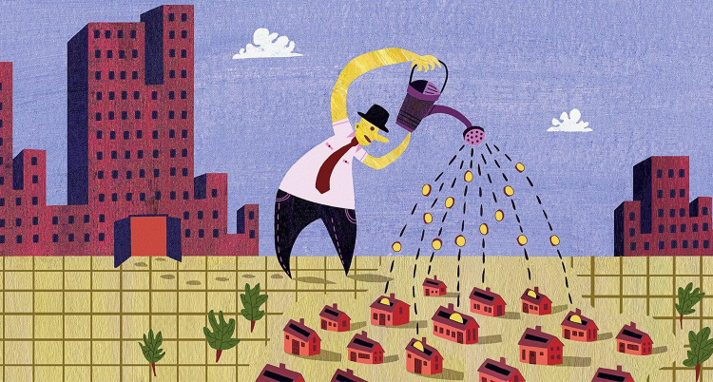TORONTO — It was all about to come crashing down.
That’s the conclusion one would draw from reading the Canadian business press in the spring of 2017, which, after giddily cheering the housing boom, now heralded an inevitable bust.
A favourite theme: Canadians appeared to have lost their minds over houses the same way their American cousins had ahead of the financial crisis of 2008. Nondescript detached homes in hard-luck Hamilton, Ontario, were selling for $1 million. In Vancouver, prices had climbed 50 per cent in only three years heading into 2016 — great if you happened to own property, not so great if you didn’t. Institutions such as the Bank of Canada had started talking in more detail about the perils of debt. To keep up with those surging house prices, Canadians had mortgaged their futures like never before, prompting the central bank to worry about financial stability.
There was another particularly bad omen. Home Capital, a smallish mortgage lender, had cast a dark shadow over the real estate market. A couple of years earlier, the firm realized that a few dozen brokers it worked with had been filing false mortgage applications. Home Capital insisted the issue was minor, but its executives couldn’t make the problem go away. If you saw The Big Short, you know that rampant fraud was at the heart of the U.S. housing collapse in 2006 and 2007, and alarm bells were sounding.

